This website uses cookies to ensure you get the best experience on our website. Terms of Use.
Accept CookiesFor better user experience, please use another browser.
Portland Bight Protected Area
The objective of this project is to use the METT-4 process to identify priority actions for the PBPA using an adaptive management approach that assesses the threats and the effectiveness of previous management actions quantitatively, through data analysis and seeks to identify and address potential and actual risks.
The Portland Bight Protected Area is managed on behalf of the Government of Jamaica by the Caribbean Coastal Area Management Foundation, which leads a coalition of other government agencies that have various responsibilities within the area. The management plans for the PBPA was developed using participatory processes, but it is needs to be updated as it covered the period 2013-18.
The Government of Jamaica also requires protected areas to carry out annual METT assessments but there is no specific mechanism to link METT assessments to management and operations plans. METT assessments are carried by multi-agency teams but are based on qualitative rather than quantitative assessments. METT assessments for the PBPA as a whole were carried out as follows: in 2015, 2018 but no METT was done in 2020.
The new METT-4 methodology provides an approach that could incorporate monitoring data in an adaptive management framework. The recent development of the METT-4 process, provides an important opportunity to bridge the gap between the METT, adaptive management and the updating of management plans. The requirement to use quantitative data offers the opportunity to enhance the METT approach and implement the adaptive management process.
Large amounts of monitoring data have been collected for the PBPA by the various management partners but these data have not been collated, stored in an accessible format, analysed or applied. This project will provide a very important opportunity to gather and analyse the data and for the agencies to work collaboratively to develop practical and measurable management recommendations that can be incorporated in new management plans. The approach developed through this project will establish the procedures to be applied in the future.
The METT-4 would support the preparation of new management plans and the streamlining of the monitoring programme. It would be packaged into an attractive and readable “State of the PBPA 1998-2021 Report” which would be used to promote our work, to support operations planning and to leverage funding.
The project will greatly enhance the conservation of the PBPA, through supporting adaptive management and conservation planning. The collation and analysis of data from multiple sources will improve and adapt the METT process for the PBPA. This will ensure that the METT4 assessment for 2022 will include a better reflection of the work that has been done and the actions needed to improve conservation programmes. The process of obtaining and collating data will strengthen partnerships. It will allow C-CAM to identify gaps in monitoring programmes and to make recommendations and seek funding to ensure that monitoring efforts are targeted towards the most significant adaptive management targets. The results of the METT will inform a revised PBPA management plan, which is being developed under another project. The State of the Portland Bight Environment Report will showcase the work of C-CAM and its partners in the PBPA. This will increase engagement of stakeholders and will support project development and funding.
Download the project infofiche.
Caribbean Coastal Area Management Foundation
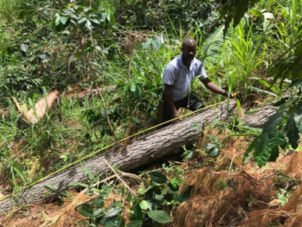 Jan. 15, 2024 – Dec. 15, 2024
Jan. 15, 2024 – Dec. 15, 2024
Caribbean
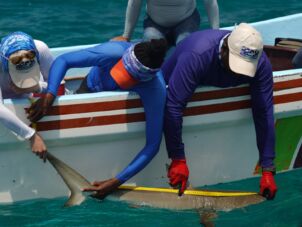 Jan. 14, 2024 – Dec. 12, 2024
Jan. 14, 2024 – Dec. 12, 2024
Caribbean
 Jan. 11, 2023 – Oct. 31, 2024
Jan. 11, 2023 – Oct. 31, 2024
Caribbean
 Jan. 2, 2023 – Jan. 31, 2024
Jan. 2, 2023 – Jan. 31, 2024
Caribbean
 Jan. 2, 2023 – Jan. 31, 2024
Jan. 2, 2023 – Jan. 31, 2024
Caribbean
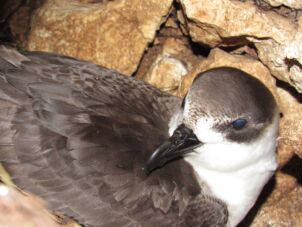 Nov. 30, 2021 – Jan. 30, 2023
Nov. 30, 2021 – Jan. 30, 2023
Caribbean
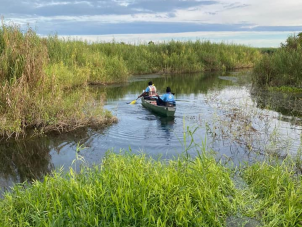 15/2/2021 -14/2/2022
15/2/2021 -14/2/2022
Caribbean
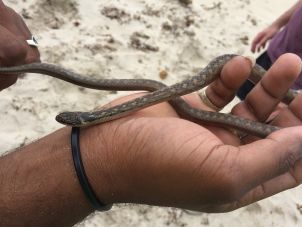 01.05.2021 – 30.04.2022
01.05.2021 – 30.04.2022
Caribbean
 01.07.2020 – 30.06.2023
01.07.2020 – 30.06.2023
Caribbean
 01.10.2020 – 31.07.2021
01.10.2020 – 31.07.2021
Caribbean
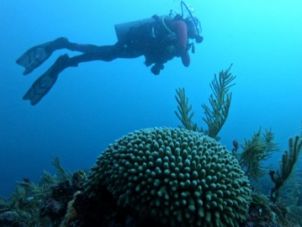 01.07.2020 – 30.06.2023
01.07.2020 – 30.06.2023
Caribbean
 30.04.2020 – 29.04.2021
30.04.2020 – 29.04.2021
Caribbean
 March 15, 2022 to August 14, 2022
March 15, 2022 to August 14, 2022
Caribbean
 January 1, 2022 – May 31, 2022
January 1, 2022 – May 31, 2022
Caribbean
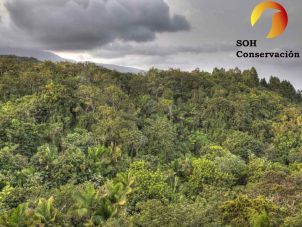 May 1st 2022 - September 30th 2022
May 1st 2022 - September 30th 2022
Caribbean
 June 30, 2021 – June 29, 2022
June 30, 2021 – June 29, 2022
Caribbean
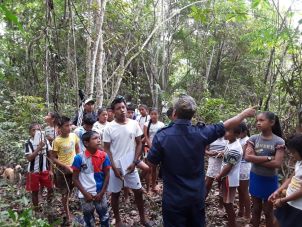 December 1, 2021 – November 30, 2022
December 1, 2021 – November 30, 2022
Caribbean
 30 November 2021 - 29 April 2022
30 November 2021 - 29 April 2022
Caribbean
 1 July 2021 - 31 December 2021
1 July 2021 - 31 December 2021
Caribbean
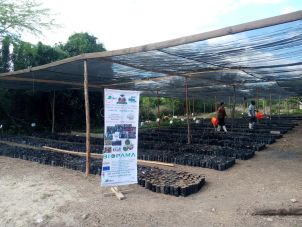 5 April 2021 - 4 April 2022
5 April 2021 - 4 April 2022
Caribbean
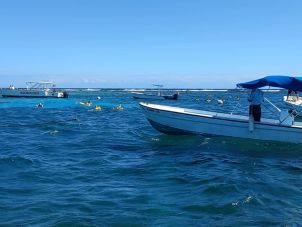 22 October 2021 - 21 April 2022
22 October 2021 - 21 April 2022
Caribbean
 15 October 2021 - 14 October 2022
15 October 2021 - 14 October 2022
Caribbean
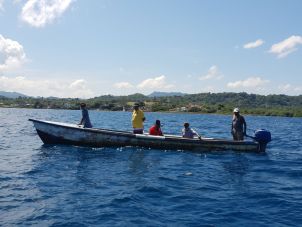 March 1, 2021 - February 28, 2022
March 1, 2021 - February 28, 2022
Caribbean
 June 1, 2021 - May 31, 2022
June 1, 2021 - May 31, 2022
Caribbean
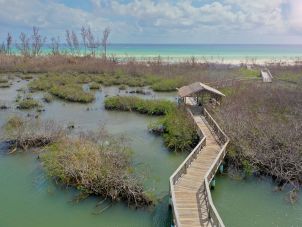 September 15, 2020 - April 14, 2021
September 15, 2020 - April 14, 2021
Caribbean
 October 14, 2020 – October 10, 2023
October 14, 2020 – October 10, 2023
Caribbean
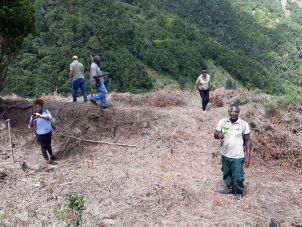 August 03, 2020 - August 02, 2023
August 03, 2020 - August 02, 2023
Caribbean
